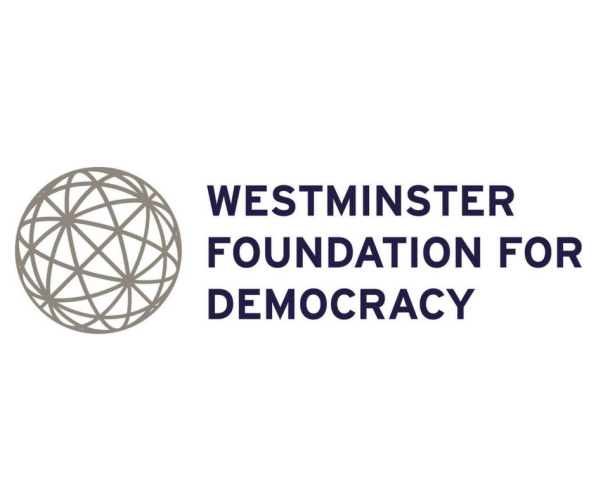Anti-corruption and Gender: the Role of Women’s Political Participation
Higher levels of political participation have been linked to lower levels of corruption across the world. Over recent decades an interesting pattern has emerged, showing a strong correlation between higher levels of women’s political participation and lower levels of corruption.
This event marks the publication of the latest research in WFD’s ant-corruption and integrity series, Anti-corruption and gender: the role of women’s political participation. Dr Ortrun Merkle will outline the project, drawing on three important case studies from Ukraine, Kenya and Indonesia.
Although much remains to be explored, the research shows clear linkages that are important to understand for politicians, anti-corruption advocates, and those working on increasing women’s representation in political office.
The research asked three key questions:
- How do women influence the level of corruption at different levels of government?
- How does corruption hinder the political participation of women?
- What conditions are required for women to be a force for anti-corruption?
Dr Merkle will be joined by speakers from Ukraine, Kenya and Indonesia, to discuss the relationship between corruption and political participation of women in each country in more detail. The panel will consider how women are treated differently by voters, excluded from networks of power and the potential role women can play in highlighting different policy areas and challenging corrupt networks.
Speakers
Dr Ortrun Merkle
Post-doctoral Researcher, UNU-MERIT
Franklin De Vrieze
Senior Governance Adviser, WFD
Further speakers TBC
The event will be chaired by Sophia Fernandes, WFD’s Senior Advisor, Political Inclusion.





